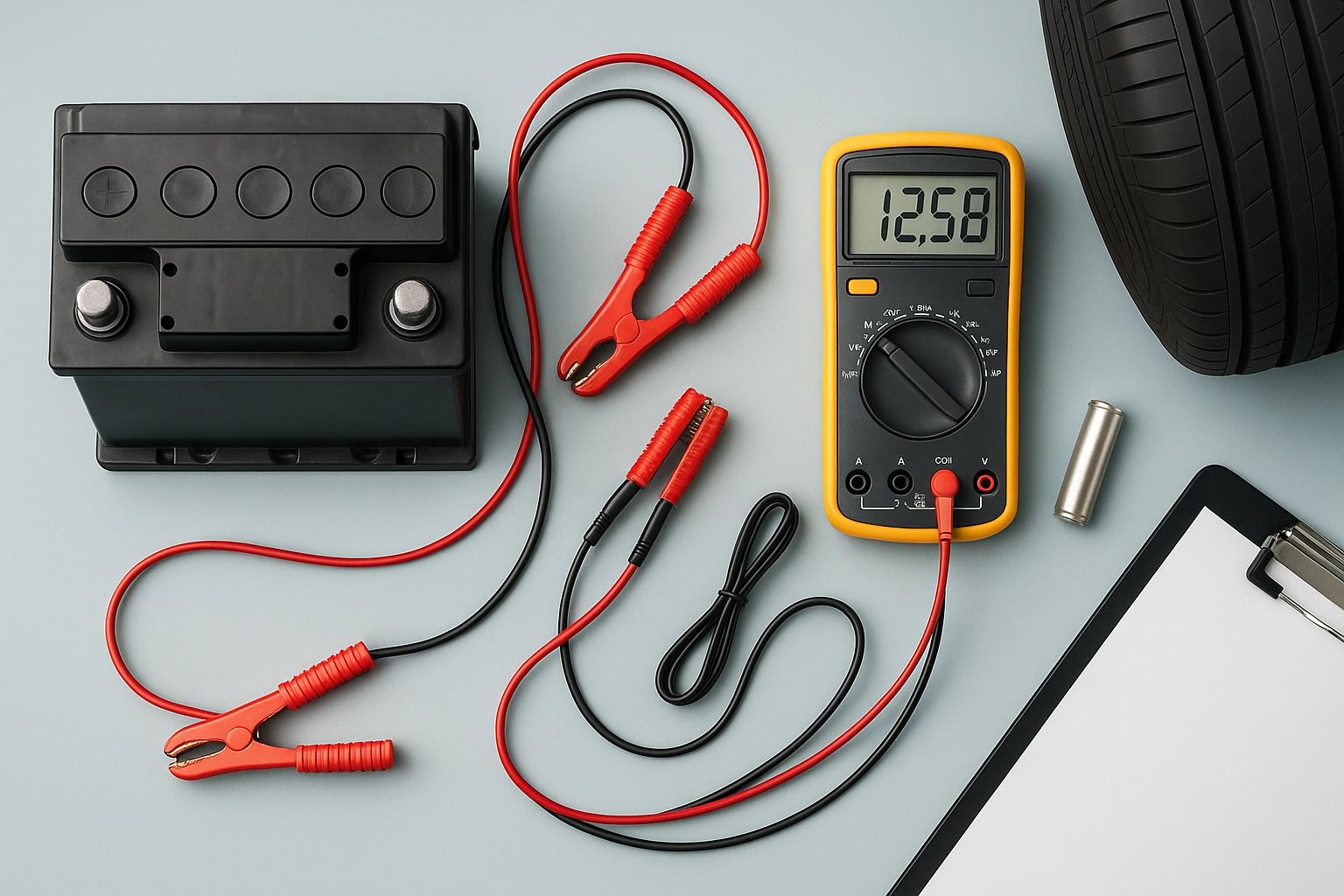ASTM E1922 Battery Pack Fire Resistance Test
The ASTM E1922 Battery Pack Fire Resistance Test is a critical procedure designed to evaluate the fire resistance of battery packs, ensuring they can withstand high-temperature conditions without significant damage or risk. This test is particularly important in sectors like automotive and aerospace where safety standards are paramount.
During this test, battery packs are subjected to controlled heat exposure for extended periods under specified conditions. The goal is to assess the structural integrity of the battery pack and its ability to contain any internal thermal events that might occur during a fire scenario. This helps manufacturers design safer products, comply with regulatory requirements, and enhance overall product reliability.
The test involves several key steps: specimen preparation, setup, heat application, observation, and analysis. Specimens are typically prepared by assembling the battery pack according to manufacturer specifications. The apparatus used in this test includes a furnace capable of reaching temperatures up to 1200°C (or higher as per ASTM E1922 requirements) with precise control over temperature ramp rates.
After placing the assembled battery pack into the furnace, it is heated gradually over time while being monitored closely for any signs of failure or compromise. Observations include visual inspection for cracks, warping, melting, etc., and possibly thermal imaging to capture heat distribution patterns. Upon completion, samples are inspected again before final analysis.
Acceptance criteria define what constitutes a successful test result based on whether the battery pack maintains its structural integrity throughout exposure without significant degradation or risk factors. These criteria help ensure that only compliant products pass this stringent evaluation process.
Applied Standards
| ASTM Standard | Description |
|---|---|
| ASTM E1922-08(2015) | Standard Test Method for Determining the Flame Spread and Structural Integrity of Battery Packs Using a Horizontal Furnace. |
| IEC 62137-1:2014 | Electrochemical energy storage systems – Part 1: General requirements. |
Customer Impact and Satisfaction
- Ensures compliance with international safety standards
- Enhances product reliability through rigorous testing
- Maintains brand reputation by delivering safe products
- Saves time and resources by identifying potential issues early in development
International Acceptance and Recognition
- Affirmed by global automotive manufacturers for their stringent quality control processes
- Used widely across the aerospace industry to meet strict safety regulations
- Included in regulatory frameworks set forth by various national standards bodies





